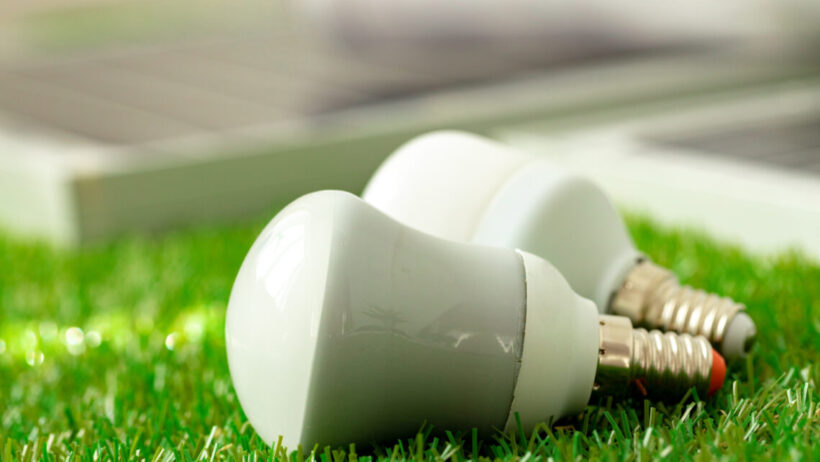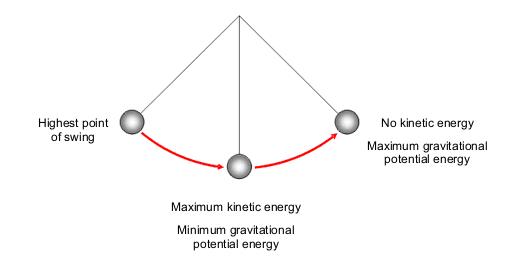Water and energy are intrinsically linked, functioning in tandem like the gears of a well-oiled machine. When we contemplate conservation, it’s imperative to recognize that conserving water can result in significant energy savings. This relationship, often underestimated, unveils an intricate tapestry of environmental sustainability that merits exploration.
To embark on this journey, we must first delineate the nexus between water use and energy consumption. Water is not merely a passive resource; it requires energy for its extraction, treatment, distribution, and eventual disposal. From the moment it is drawn from groundwater aquifers or surface sources, energy is expended in various forms—pumping, heating, and refining to make it potable. This energy footprint can be staggering. In many urban settings, it is estimated that water utilities consume over 30% of their operating budgets on energy alone.
Consider, for instance, the many households across the nation. Each time a tap is turned on, energy is simultaneously consumed, amplifying the environmental impact. By adopting water conservation techniques, we inherently diminish the energy bill associated with water management. Simple measures, like fixing leaks, installing efficient fixtures, and engaging in mindful consumption, can lead to a cascade of benefits.
Moreover, the relationship expands beyond mere financial savings. The energy saved through efficacious water conservation is synonymous with reduced greenhouse gas emissions. Traditional energy sources, such as fossil fuels, emit carbon dioxide as they generate electricity. Therefore, when we curtail water usage, we simultaneously diminish the demand for energy, which, in turn, lessens the carbon footprint associated with energy production. This echoes the premise that every drop counts—not merely in terms of water but also concerning the planet’s climate health.
This conversation centers not just around conservation but about cognitive reframing of our lifestyles. Visualize a garden flourishing under the careful attention of a gardener. Each plant represents a facet of our environment: water, energy, air quality, and biodiversity. Just as a gardener tends to each plant with a holistic approach, recognizing their interdependence, we, too, must cultivate our conservation practices in a comprehensive manner.
A practical example can be observed in the realm of agriculture, where irrigation is both a critical necessity and a major source of energy consumption. The practice of deficit irrigation, which involves allocating lesser water quantities than crops typically require, can lead to stronger plant resilience while simultaneously conserving water and energy. By leveraging technology, farmers can monitor soil moisture levels, allowing them to apply water in a more targeted and efficient manner. This not only conserves vital water but also leads to reduced energy expended on pumping and distributing that water.
In the domestic sphere, adopting energy-efficient appliances plays a pivotal role in promoting water conservation. A dishwasher may seem like a water-wasting apparatus; however, when operated efficiently, it can use significantly less water than handwashing dishes. Herein lies the heart of the issue: when we invest in energy-efficient appliances, we facilitate a dual benefit—reducing both water and energy consumption—a win-win scenario for both the wallet and the environment.
Furthermore, the overarching implications of water conservation extend far beyond individual households. On a municipal level, cities that prioritize water-efficient infrastructure, such as permeable pavements, rain gardens, and greywater recycling systems, experience a remarkable reduction in the energy required for wastewater treatment processes. These innovative designs not only enhance urban resilience to climate change but also promote a more sustainable energy landscape.
The metaphor of a symbiotic relationship captures the essence of water and energy conservation beautifully. Like two dancers in harmony, the reduction of water use enhances energy efficiency, creating a streamlined performance where both elements flourish. Each motion, each choice contributes to an overarching narrative of sustainability that resounds through various sectors of society.
Policy makers, too, must recognize the soulful connection between energy and water conservation. Legislation that incentivizes water-efficient practices will inherently enhance energy sustainability. Investing in education and outreach to communities fosters a culture of conservation—most powerfully, it cultivates a mindset that sees water conservation not merely as an act of duty, but as an ethical pursuit, aligning with broader environmental goals.
Ultimately, the conservation conversation is also about legacy. We owe it to future generations to ensure the delicate balance of our ecosystems endures. Water and energy conservation promote a more sustainable and livable planet, decrease pollution, and mitigate climate change—an intersection that shapes our global responsibility.
As we navigate through this era of climate urgency, let every effort to conserve water resonate beyond the bathroom faucet and the leaky pipe. Let it be a clarion call to conserve energy, to rethink our relationship with our resources, and to remind ourselves that a sustainable future, flourishing in synergy, is indeed attainable. By saving water, we embark on a path that ultimately saves more than just water; we save potential, we save lives, and we preserve the delicate strands of our planet’s intertwined tapestry.







